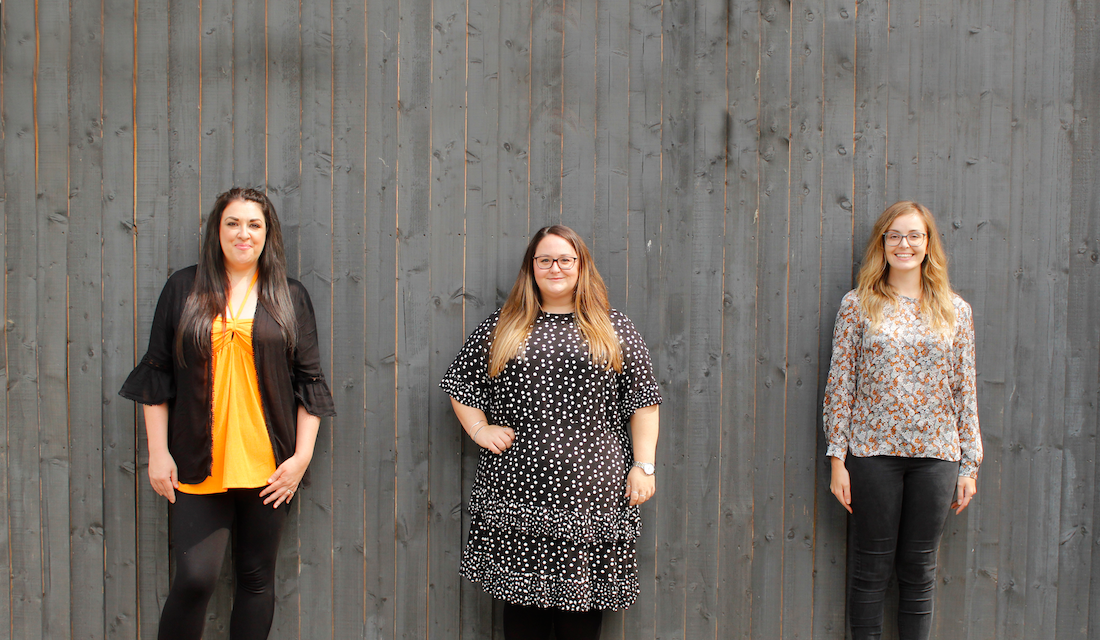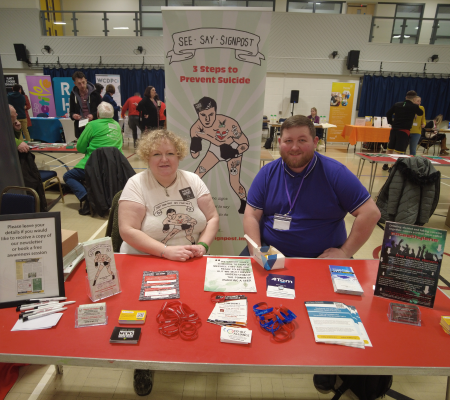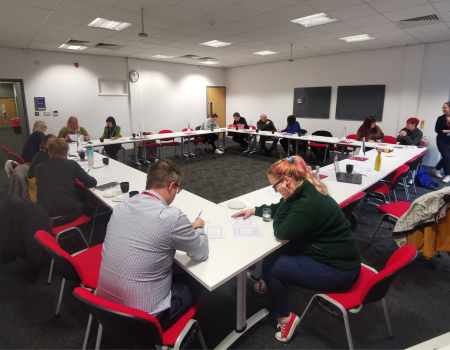Our Wellbeing Coordinator Team link adults to sources of support in the
community to help support you with any social, emotional and practical
needs. They will work with you to identify what matters most to you and
link you to activities, groups and services in your community.
- Housing, benefits and financial issues
- Loneliness and isolation
- Emotional health and wellbeing
- Healthy lifestyle choices
- Connecting to local groups and activities
- Accessing specialist services and support
- Employment, volunteering or learning


